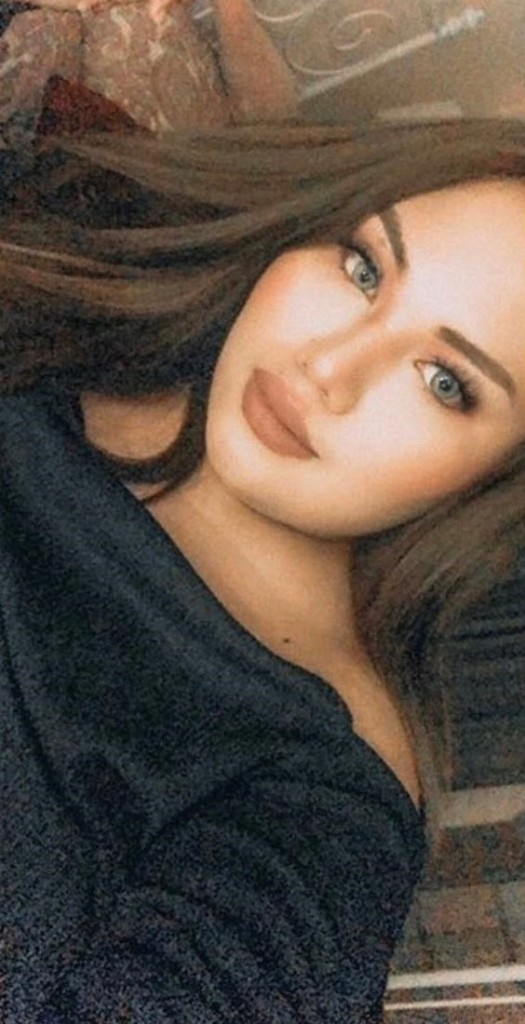
Faith/
Malaysia
“Thats always been me, Faith, a transgirl who always believe in miracle.”
READ THE STORY
“Thats always been me, Faith, a transgirl who always believe in miracle.”
READ THE STORY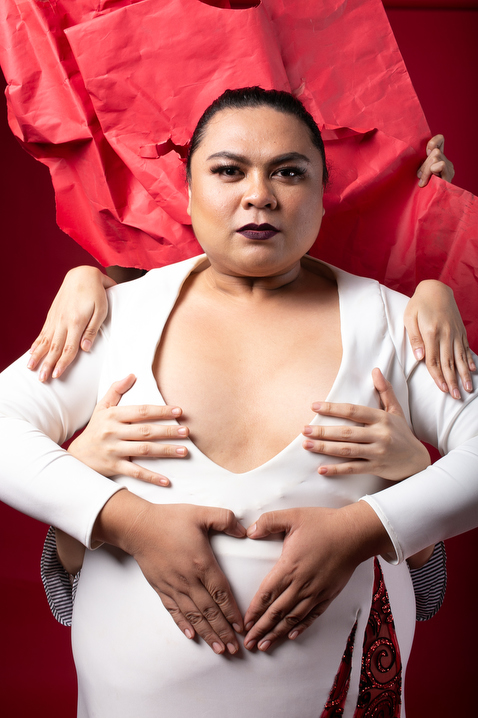
“Being a loud educated transgender woman as a lecturer I am well prepared mentally and physically that this will be a bumpy road for me.”
READ THE STORY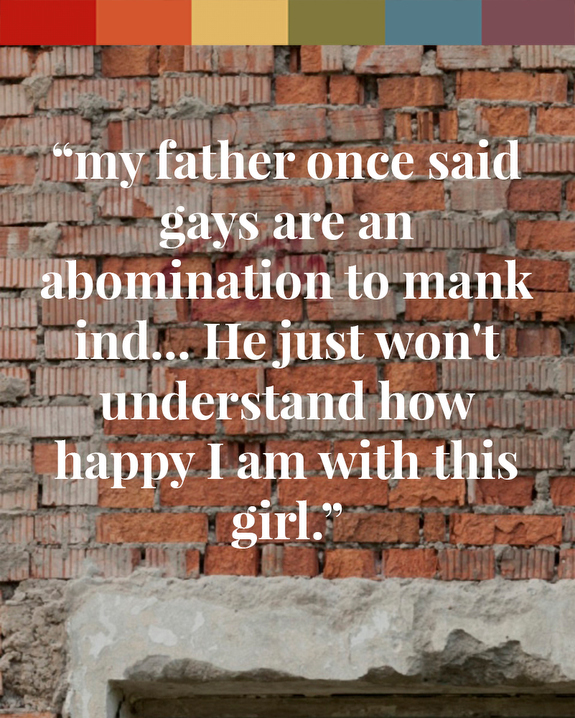
“He just won’t understand how happy I am with this girl.”
READ THE STORY
“but when it’s come to lgbt issues, we are unable to married who we love, laws make us live apart from society.”
READ THE STORY
“i have a past darkness of discriminate, bullied, religious police arrest, daily fear to murdered, teacher cutting my hair shorter at school, a lots hurt memory that bring me to final decision, seeking protection in sweden.”
READ THE STORY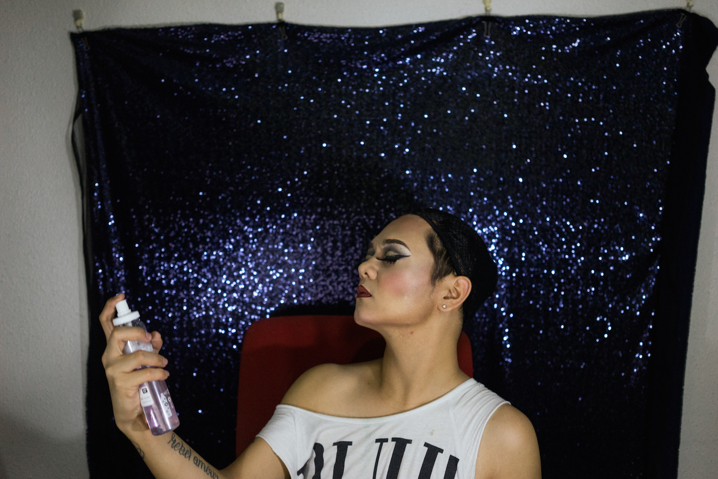
“I fear discrimination in public spaces – the taunts and the calling of names. Bapuk, pondan. Muggers are alert on people like us. I have seen and heard stories of people being roughed up. In a conservative society, I can only express myself in safe spaces. My family cannot know.”
READ THE STORY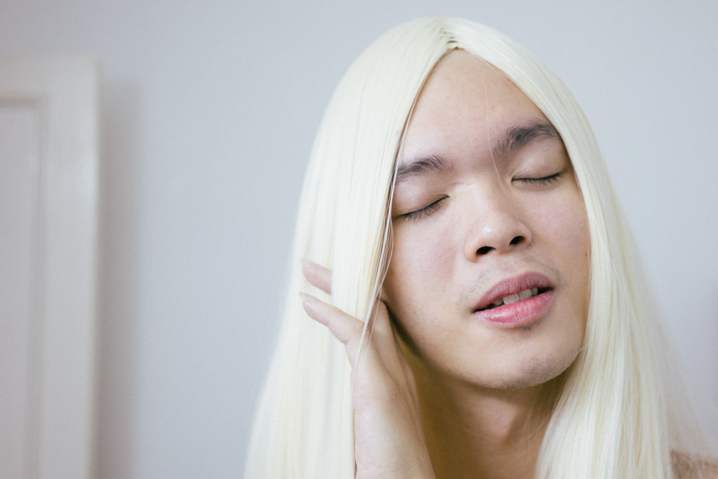
“I looked for escape. I began to love make up. I’ve always been fascinated about women in general, especially those Hollywood actresses, how beautiful they look. The inspiration and aspiration started growing. Then I discovered drag.”
READ THE STORY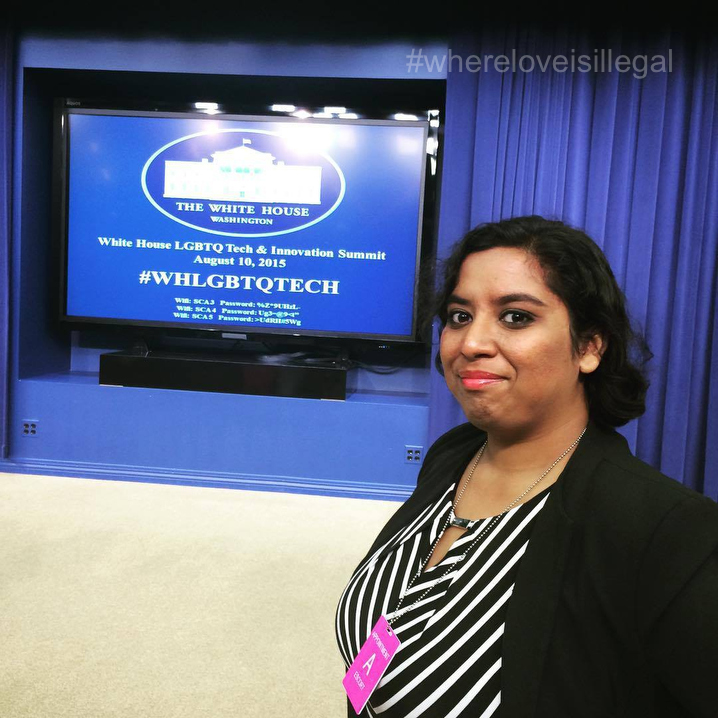
“even if i wanted to be out and proud, who would listen? especially to someone who is a racial minority with mental health issues? I can’t wait to get out of here, to be free to be me again.”
READ THE STORY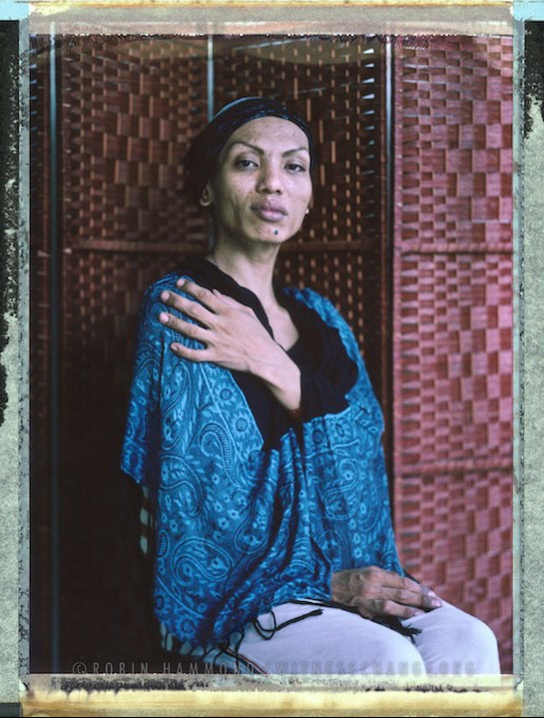
“I started to involve as a sex worker initially just for fun, then i get serious and working full time. At first everything is fascinating, i get so many customers and my life was quite luxurious.
I always go shopping and fulfill my every needs. At that time life is so perfect but ‘the sky is not always bright’.”

The First time my experience arrested by police in Kuala Lumpur, I stay in lock up for 2 weeks I was raped by the Inmates. I Told the police about my case but the police didn’t anything.
READ THE STORY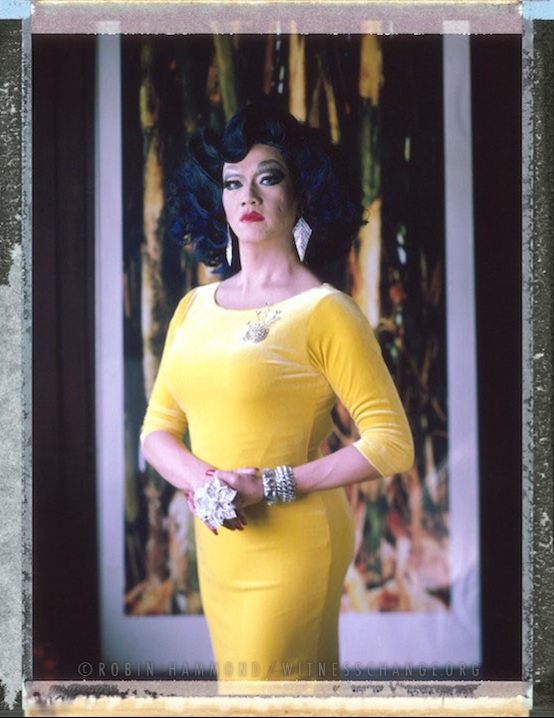
“They feel like LGBT people are a challenge to the Malay identity… We are not fighting for LGBT issues, we’re fighting for basic human rights – the right to be!”
READ THE STORY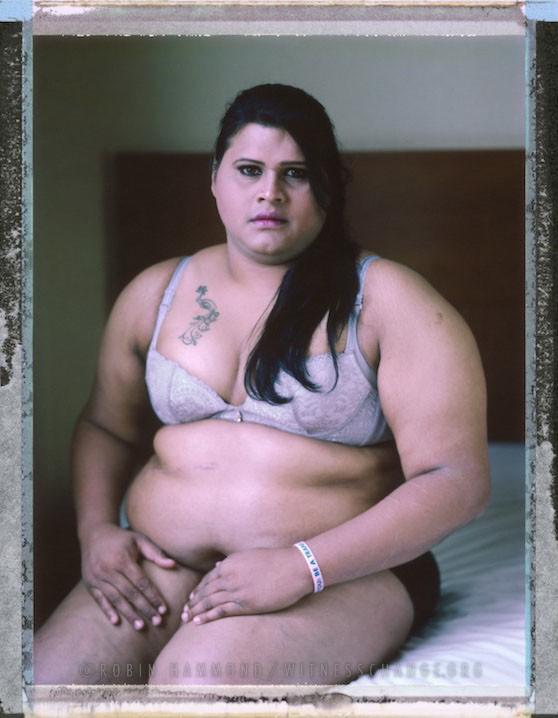
“I’m lonely, homeless, in fear why because I decided to be who I am. Well who I am? I am Abinaya Jayaraman Transwomen, my gender is my identity and why i’m punished.”
READ THE STORY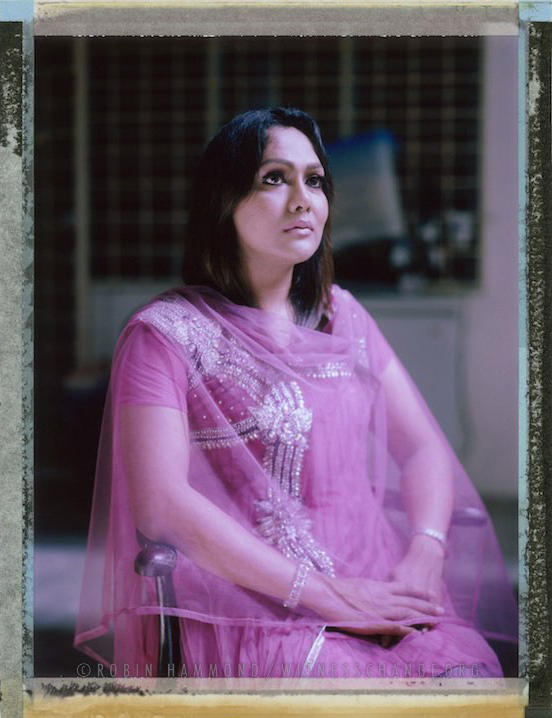
“I left prison even without my crowning glory, which is my hair, as a survivor.”
READ THE STORY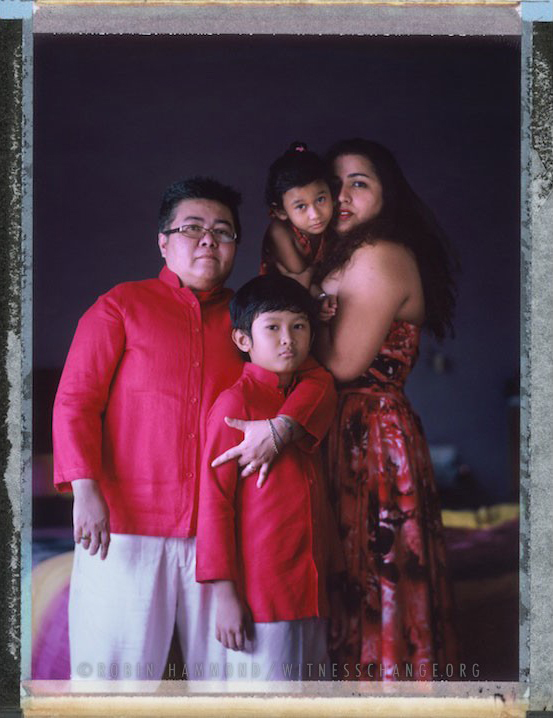
“In spite of all this we are here, and we have a wonderful family and we are blessed to be surrounded by family and friends who love us and accept us as we are”
READ THE STORY